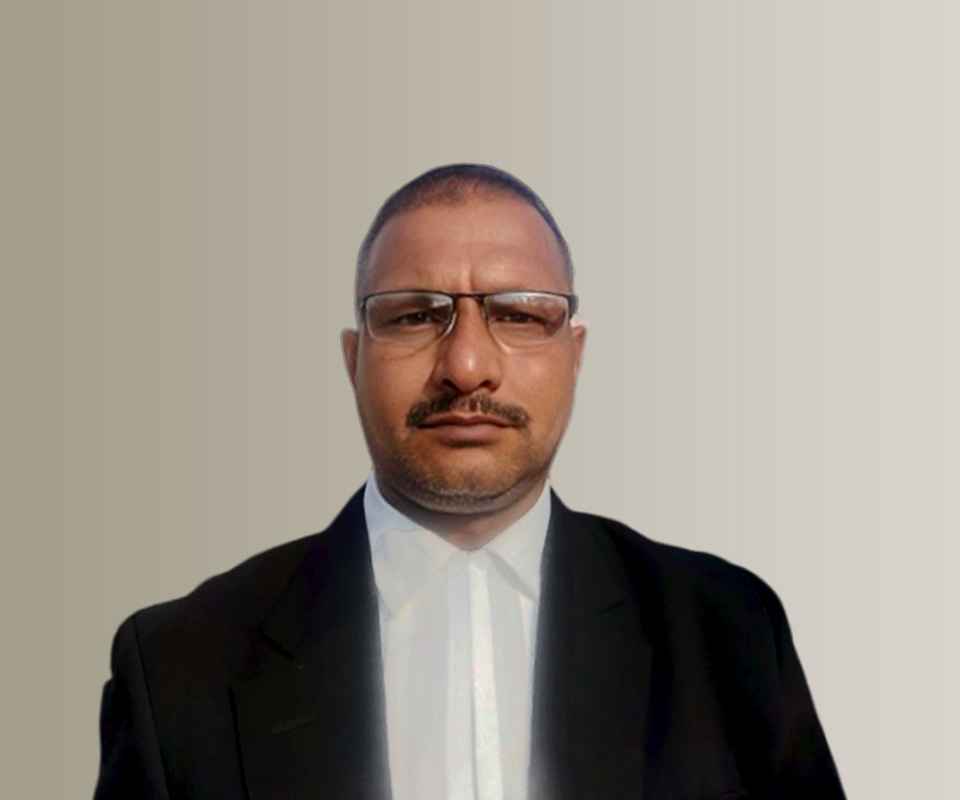Answer By law4u team
Yes, a radio broadcast can be copyrighted. Copyright law applies to the various components of a radio broadcast, including the content (such as talk shows, interviews, and live events) and the sound recording of the broadcast. This protection ensures that the creators and broadcasters maintain control over how their broadcasts are used and distributed.
Can a Radio Broadcast Be Copyrighted?
Copyrightable Elements in Radio Broadcasts:
Sound Recordings: The actual broadcast itself, including the audio content such as music, discussions, interviews, and announcements, is protected by copyright as a sound recording. This allows the broadcaster to prevent unauthorized reproductions of the broadcast.
Music: Music played during a radio broadcast can be copyrighted as a musical composition (if original) and as a sound recording (if it’s a recorded version). However, broadcasters generally need a performance license or synchronization license to air copyrighted music on the radio.
Talk Shows and Scripts: The original script or dialogue of a talk show, as well as any written content such as commentary or interviews, can be copyrighted as a literary work. This protects the intellectual property of the hosts, guests, and writers involved.
Live Events and Broadcasts: If a live event (such as a sports event, concert, or news broadcast) is captured and broadcast, the recording of the event can be copyrighted. However, the underlying event itself is not eligible for copyright protection, as copyright only applies to the recorded content.
Broadcasting Rights and Licenses:
Radio stations and broadcasters need to acquire the necessary licenses to air copyrighted content. For example, playing a copyrighted song on the radio requires the broadcaster to obtain a public performance license from performing rights organizations like ASCAP, BMI, or SESAC. These organizations ensure that songwriters and musicians are compensated for the use of their work.
Ownership of Copyright:
The copyright of a radio broadcast generally belongs to the creator (e.g., the radio station, production company, or the host) or the person who commissioned the broadcast. If a third party, such as a musician or performer, contributes to the broadcast, they may hold a copyright in their individual performance, but the overall rights to the broadcast itself are typically owned by the broadcaster.
Duration of Copyright Protection:
The copyright of a radio broadcast lasts for the life of the creator plus 70 years, or if created as a work for hire (such as for a broadcaster), it lasts for 95 years from the date of publication or 120 years from the date of creation, whichever is shorter.
Limitations and Fair Use:
Radio broadcasters are not allowed to air copyrighted material without permission. However, certain uses of copyrighted works might qualify as fair use, such as using short clips for commentary, critique, or news reporting. But these exceptions are limited and depend on specific circumstances.
Infringement and Enforcement:
If a radio station uses copyrighted material without proper authorization or license, it can face legal action from copyright holders. This can lead to financial penalties, including fines and legal fees. Radio stations often work with licensing organizations to ensure they comply with copyright laws when broadcasting.
Example
Imagine a radio station broadcasts a live concert performance by a famous band. In this case:
- The live performance is captured and broadcast as a sound recording, which is copyrightable.
- The musical compositions (e.g., the band's original songs) are protected under copyright as well. The radio station must obtain a public performance license from the music licensing agency to air these songs.
- The talk show segments before and after the concert (such as interviews with band members) are considered literary works and can be copyrighted as well.
- If the radio station doesn't have the necessary licenses, they could face infringement claims for unauthorized use of copyrighted material.







